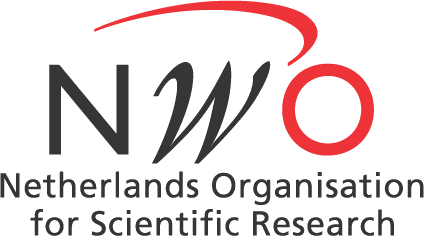Certif-AI: Certification of production process quality through Artificial Intelligence
Description
Production processes can be made ‘smarter’ by exploiting the data streams that are generated by the machines that are used in production. In particular these data streams can be mined to build a model of the production process as it was really executed – as opposed to how it was envisioned. This model can subsequently be analyzed and stress-tested to explore possible causes of production problems and to analyze what-if scenarios, without disrupting the production process itself. It has been shown that such models can successfully be used to diagnose possible causes of production problems, including scrap products and machine defects. Ideally, they can even be used to model and analyze production processes that have not been implemented yet, based on data from existing production processes and techniques from artificial intelligence that can predict how the new process is likely to behave in practice in terms of data that its machines generate. This is especially important in mass customization processes, where the process to create each product may be unique, and can only feasibly be tested using model- and data-driven techniques like the one proposed in this project.
Against this background, the goal of this project is to develop a method and toolkit for mining, modelling and analyzing production processes, using the time series data that is generated by machines, to: (i) analyze the performance of an existing production process; (ii) diagnose causes of production problems; and (iii) certify that a new – not yet implemented – production process leads to high-quality products.
The method is developed by researching and combining techniques from the area of Artificial Intelligence with techniques from Operations Research. In particular, it uses: process mining to relate time series data to production processes; queueing networks to determine likely paths through the production processes and detect anomalies that may be the cause of production problems; and generative adversarial networks to generate likely future production scenarios and sample scenarios of production problems for diagnostic purposes. The techniques will be evaluated and adapted in implementations at the partners from industry, using a design science approach. In particular, implementations of the method are made for: explaining production problems; explaining machine defects; and certifying the correct operation of new production processes.
Staff
- Boudewijn van Dongen - Boudewijn’s research focusses on conformance checking. Conformance checking is considered to be anything where observed behavior, needs to be related to already modeled behavior. Conformance checking is embedded in the larger contexts of Business Process Management and Process Mining. Boudewijn aims to develop techniques and tools to analyze databases and logs of large-scale information systems Read More ...
- Natalia Sidorova - Dr. Natalia Sidorova is assistant professor at the PA group. She actively works on topics related to process modeling and verification. The application domains include business processes and distributed systems. She has published more than 70 conference and journal papers. She is active in the Health and Wellbeing Action Line of EIT ICT Labs, taking Read More ...
- Dominique Sommers - Position: PhD Room: MF 7.117 Tel (internal): 8723 Links: Courses Presentations Projects Publications External links: Google scholar page Scopus page ORCID page DBLP page TU/e page Recent courses Recent presentations Recent projects Recent publications Recent awards

